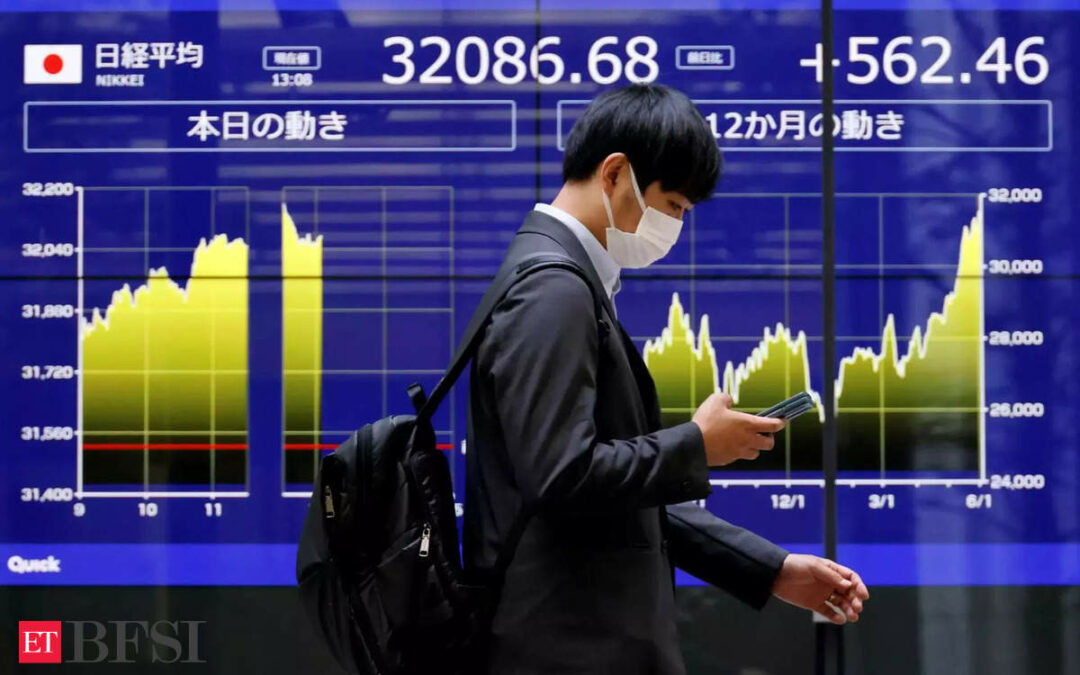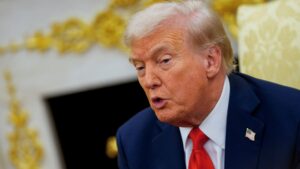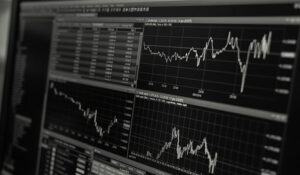Japan’s Nikkei share average closed 2023 with its best year in a decade on expectations of better governance, though ticking lower in the day’s session amid a lack of any big triggers.
On Friday, the Nikkei fell 0.22% to close at 33,464.17.
“Investors bought stocks that had underperformed, and sold those that had outperformed in recent sessions as they did not find any market moving cues,” said Takehiko Masuzawa, trading head at Phillip Securities Japan.
Still, the Nikkei rose 28% to post the biggest yearly gain since 2013, the year Haruhiko Kuroda took his seat as the Governor of the Bank of Japan and began massive monetary easing to boost asset value.
The benchmark hit a 33-year high in November amid a rare call from the Tokyo Stock Exchange to improve capital efficiency. Billionaire investor Warren Buffett’s Berkshire Hathaway boosting its stakes in local firms also buoyed sentiment.
The Nikkei was also the best performing index in Asia, underpinned by the yen’s 7% annual loss against the dollar.
The yen, however rose 5% against the dollar this month, which prevented the Nikkei from hitting a new milestone, market players said.
Of the 225 stocks, Kobe Steel was the best performer for the year after its shares nearly tripled and steel makers became the top gaining sub-index among the the Tokyo Stock Exchange’s 33 sub-indexes.
Drug maker Sumitomo Pharma was the worst performer, with a 53.3% decline. The drug sector lost 1.09% to become the only losing sector among the group.
“This is a reflection of investor preference for value stocks with higher dividend payouts to growth stocks with higher price earnings ratio,” said Shoichi Arisawa, general manager of the investment research department at IwaiCosmo Securities.
The broader Topix rose 0.19% to 2,366.39 on Friday, supported by Toyota Motor’s 1.35% gain. The index rose 25% for the year, also its best from 2013.










